New Perspectives in Italian Cultural Studies
The Fairleigh Dickinson University Press Series
In Italian Studies
General Editor: Dr. Anthony Julian Tamburri, Dean
John D. Calandra Italian American Institute (Queens CollegeCUNY)
The Fairleigh Dickinson University Press Series in Italian Studies is devoted to the publication of scholarly works on Italian literature, film, history, biography, art, and culture, as well as on intercultural connections, such as Italian-American Studies.
Recent Publications in Italian Studies
Parati, Graziella, New Perspectives in Italian Cultural StudiesVolume 1: Definition, Theory, and Accented Practices (2012)
Smith, Shirley Ann, Imperial Designs: Italians in China, 19001947 (2012)
Rosengarten, Frank, Giacomo Leopardis Search for a Common Life through Poetry: A Different Nobility, a Different Love (2012)
Baliani, Marco (au.), Nicoletta Marini-Maio, Ellen Nerenberg, Thomas Simpson (trans. and eds.) Body of State: A Nation Divided (2012)
Ducci, Lucia, George P. Marsh Correspondence: Images of Italy, 1861-1881 (2012)
Verdicchio, Pasquale, Looters, Photographers, and Thieves: Aspects of Italian Photographic Culture in the Nineteenth and Twentieth Centuries (2011)
Parati, Graziella and Anthony Julian Tamburri (eds.), The Cultures of Italian Migration: Diverse Trajectories and Discrete Perspectives (2011)
Trubiano, Marisa S., Ennio Flaiano and His Italy: Postcards from a Changing World (2010)
Halliday, Iain, Huck Finn in Italian, Pinocchio in English: Theory and Praxis of Literary Translation (2009)
Serra, Ilaria, The Imagined Immigrant: The Images of Italian Emigration to the United States between 1890 and 1924 (2009)
Lucamante, Stefania (ed.), Italy and the Bourgeoisie: The Re-Thinking of a Class (2009)
Van Order, Thomas, Listening to Fellini: Music and Meaning in Black and White (2008)
Billiani, Francesca, and Gigliola Sulis, The Italian Gothic and Fantastic: Encounters and Rewritings of Narrative Traditions (2008)
Parati, Graziella, and Marie Orton (eds.), Multicultural Literature in Contemporary Italy , Volume One (2007)
Orton, Marie, and Graziella Parati (eds . ), Multicultural Literature in Contemporary Italy , Volume Two (2007)
Scambray, Ken, Queen Calafias Paradise: California and the Italian-American Novel (2007)
Polezzi, Loredana, and Charlotte Ross (eds.), In Corpore: Bodies in Post-Unification Italy (2007)
Francose, Joseph, Socially Symbolic Acts: The Historicizing Fictions of Umberto Eco, Vincenzo Consolo, and Antonio Tabucchi (2006)
Kozma, Jan (trans.), Grazia Deledda, Marianna Sirca (2006)
On the Web at http://www.fdu.edu/fdupress
New Perspectives in Italian Cultural Studies
Volume 1: Definitions, Theory, and Accented Practices
Edited by Graziella Parati

Fairleigh Dickinson University Press
Madison Teaneck
Published by Fairleigh Dickinson University Press
Co-published with The Rowman & Littlefield Publishing Group, Inc.
4501 Forbes Boulevard, Suite 200, Lanham, Maryland 20706
www.rowman.com
10 Thornbury Road, Plymouth PL6 7PP, United Kingdom
Copyright 2012 by The Rowman & Littlefield Publishing Group, Inc.
All rights reserved . No part of this book may be reproduced in any form or by any electronic or mechanical means, including information storage and retrieval systems, without written permission from the publisher, except by a reviewer who may quote passages in a review.
British Library Cataloguing in Publication Information Available
Library of Congress Cataloging-in-Publication Data
New perspectives in Italian cultural studies : definitions, theory, and accented practices / edited by Graziella Parati.
p. cm.(The Fairleigh Dickinson University Press series in Italian studies 19)
One of two volumes originating from a conference on Italian cultural studies held at Dartmouth College in 2010. The second volume is entitled New studies in Italian culture : the arts and history.
Includes bibliographical references and index.
ISBN 978-1-61147-532-6 (cloth : alk. paper)ISBN 978-1-61147-533-3 (electronic)
1. ItalySocial life and customs1945-Congresses. 2. Popular cultureItalyCongresses. 3. ItalyCivilization1945Congresses. I. Parati, Graziella.
DG451.N49 2012
945.092dc23 2012012323
 The paper used in this publication meets the minimum requirements of American National Standard for Information SciencesPermanence of Paper for Printed Library Materials, ANSI/NISO Z39.48-1992.
The paper used in this publication meets the minimum requirements of American National Standard for Information SciencesPermanence of Paper for Printed Library Materials, ANSI/NISO Z39.48-1992.
Printed in the United States of America
Acknowledgments
T hese two volumes of essays would have not have been possible without the wonderful people at Dartmouth College who first supported the Conference on Italian Cultural Studies held in May 2010 and, later, the collected essays from that event. In particular I need to thank Ken Yalowitz and Christianne Hardy Wohlforth at the Dickey Center for International Understanding; Adrian Randolph, director of the Humanities Center; Carol Folt, dean of the Faculty of Arts and Sciences; Kate Conley, associate dean of the Humanities; and Barry Scherr, provost of Dartmouth College, and the Ramon and Marguerite Guthrie Fund of the Department of French and Italian at Dartmouth College. I am particularly grateful for the funds from the Paul D. Paganucci Chair in Italian Literature and Language. I owe thanks to every one of the contributors to this collection, all of whom considered it worthwhile to devote a great deal of time and energy to participating in this collection of essays. Special thanks go to Marie Orton for her help, as usual, and to a wonderful librarian, Miguel Valladares.
Volume 1 Introduction: Studying Cultures
Definitions, Theory and Accented Practices
Graziella Parati
E ngaged cultural studies is academic work (teaching, research, dissemination, and the like) on contemporary culture from nonelite or counterhegemonic perspectives (from below) with an openness to the cultures reception and production in everyday life, or more generally, its impact on life trajectories.
In his book Culture and Power in Cultural Studies: The Politics of Signification, John Storey traces the changes in the disciplines of cultural studies from Raymond Williams to the more recent developments in the field. Indebted to Gramscis concept of hegemony and his observations on the relationship between culture and power, Storey affirms that cultural studies is an academic practice concerned to think culture politically. As an academic discipline, cultural studies is a politically committed field that has expanded Gramscis focus on class and power to an emphasis on issues on gender, ethnicity, identity, and the like. Cultural studies traces the construction of meaning and investigates how meanings are validated, transmitted, and consumed. These processes of construction and validation of meaning are filled with tensions and anxieties, which become apparent in analyzing Italian contemporary culture. Contemporary Italy has witnessed Silvio Berlusconis attempts to disseminate specific creations and representations of a culture by means of his popular television channels, which reproduce highly specific interpretations of gender roles, of a market logic, and of values that he has translated into his political agenda. The former prime minister has understood what cultural studies affirms; namely, that culture is an aspect of all human activities and not just an intellectual production. As Storey states, cultural studies has shown us how signification has a performative effect; it helps construct the realities it appears to describe. There is no better description of the processes of signification taking place in Italian media today. The cultural representations that have appeared in Italy since the liberalization of private television channels, Berlusconis programming have signified Italian culture through representations of the humiliation of womens bodies, the reproduction of only one model of Italianness based on consumerism, and the construction of news reporting as a way to reiterate the necessity of Berlusconi as cultural and political icon and model. This successful cultural project has performed Italian culture along distinctly prescriptive lines. In more recent years, translated into the programming of the channels of public television, Berlusconis models of signification have saturated Italian culture.

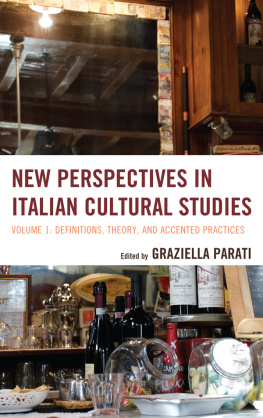

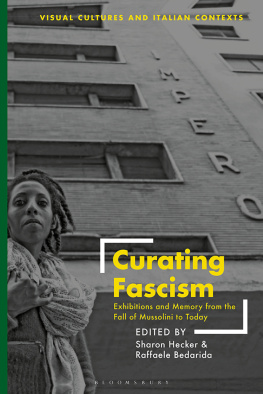
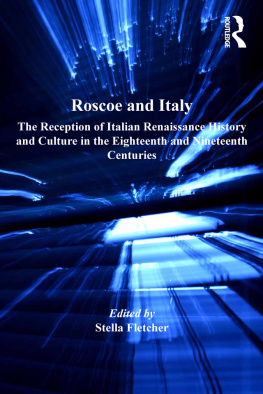
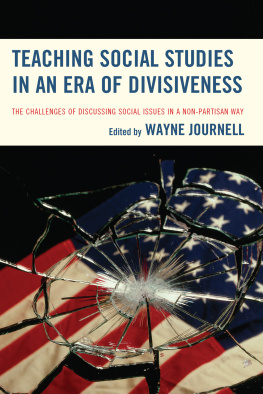
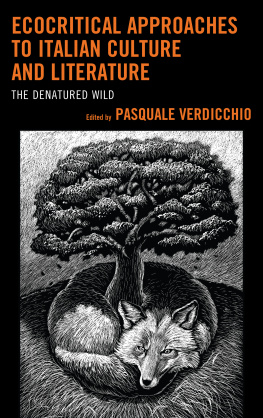
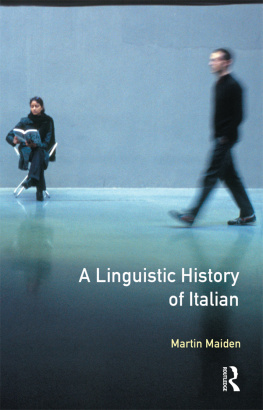
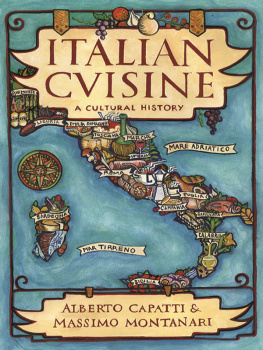
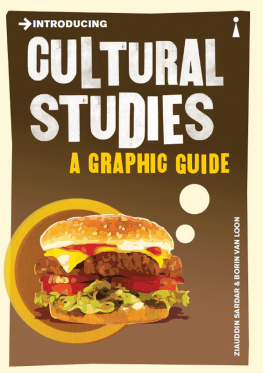
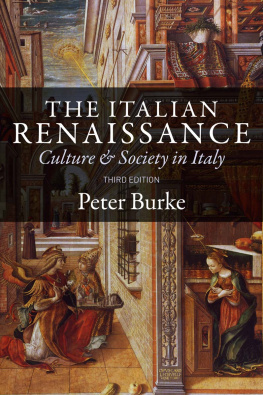
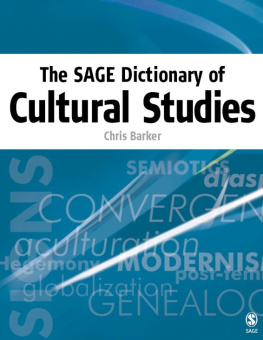

 The paper used in this publication meets the minimum requirements of American National Standard for Information SciencesPermanence of Paper for Printed Library Materials, ANSI/NISO Z39.48-1992.
The paper used in this publication meets the minimum requirements of American National Standard for Information SciencesPermanence of Paper for Printed Library Materials, ANSI/NISO Z39.48-1992.